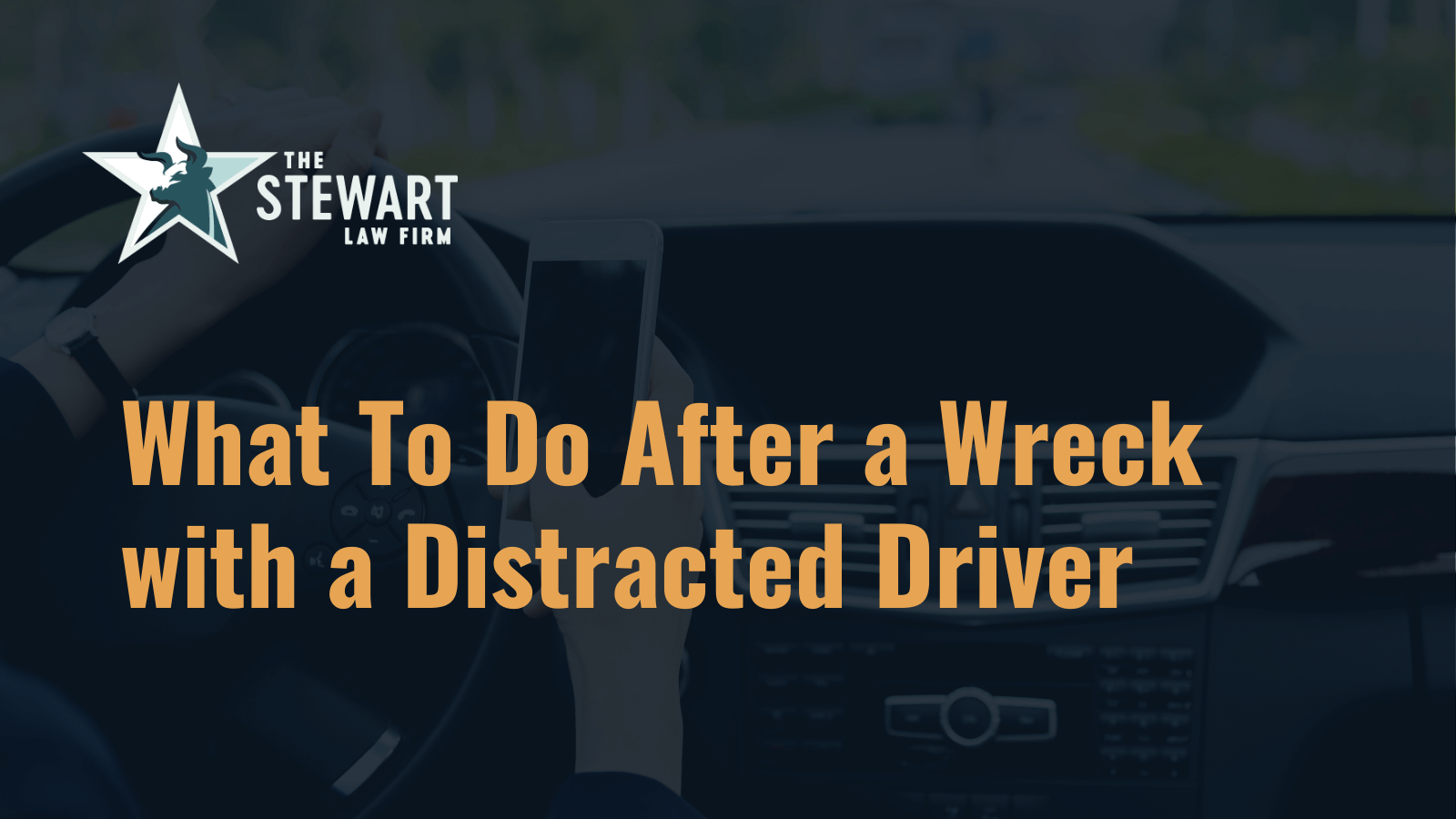Everyone knows that fatigue can impair your driving, similar to alcohol impairment. If your job involves long hours of work or driving, shift work, or a long commute, you may be at increased risk of fatigue at work, including driver fatigue.
Driver fatigue can also result from personal expectations, like the desire to reach a destination quickly. Employers can be responsible for driving tiredness when companies force employees to work extended shifts.
But of course, driver fatigue can not only impact the driver of the vehicle, but also other drivers on the road.
At The Stewart Law Firm, located in Austin, Texas, we want to ensure that you feel safe on the road. Read on to learn what to look for in yourself for driver fatigue and how to ensure your safety if others on the road are fatigued.
Signs of Driver Fatigue
Driver fatigue is so widespread across the country that experts recognize it as a public health problem. It has resulted in thousands of crashes and injuries on the roads.
Though driver fatigue can impact anyone, it is most common in commercial truck drivers. Even though these drivers must follow regulations that limit the number of hours they can spend behind the wheel, the scheduling of shifts often interferes with their sleep cycles.
Regardless of the type of vehicle you’re driving, it is essential to look for signs of driver fatigue, such as:
- Chronic tiredness or sleepiness
- Headache
- Dizziness
- Sore or aching muscles
- Muscle weakness
- Slowed reflexes and responses
- Impaired decision-making and judgment
- Moodiness, such as irritability
If you experience any of these signs, it is imperative that you take them seriously to avoid injury to yourself and others. Pull over and take a rest break, drink some coffee, or do whatever you need to do to ensure that you are alert on the roads.
How to Prevent Driver Fatigue in Texas
Sometimes life doesn’t allow you to slow down and take preventative measures in every case. However, it is critical for the health of yourself and others to at least try and implement as many preventive measures as possible when it pertains to driver fatigue, including:
- Plan to get a sufficient amount of sleep before driving. Shoot for at least 6 hours.
- Avoid consuming any alcohol when you know you’ll be driving late at night.
- Watch out for medications that may cause drowsiness. If you are taking any medications with this side-effect, let someone else drive.
- Use public transportation or ride with a friend.
- Limit your time on the road between midnight and 6 a.m. if possible.
Can I Sue a Fatigued Driver Who Injured Me?
In the aftermath of the accident, a closer investigation may reveal that fatigue played a role. When you and the driver exchanged information, there are things to look for if you suspect fatigue was involved, including:
- Bleary eyes
- Sleepiness
- Not being fully present
Any information that showcases signs of fatigue should be documented.
Drivers have a legal duty to exercise reasonable care behind the wheel. If they have failed to use ordinary care, they can be found negligent and thus liable for injuries.
If a driver operates a vehicle in a way that causes an accident, that driver may have legal liability for the damages the accident inflicted on others. Driving fatigued is, arguably, a form of negligence.
Every driver should have an adequate level of mental alertness behind the wheel. Drowsy or fatigued driving is no more justified than driving drunk is.
Contact an Austin Car Accident Lawyer Today
Our car accident attorneys at The Stewart Law Firm, located in Austin, Texas, can help you receive the compensation you deserve. If you’ve been involved in a car accident and you suspect driver’s fatigue was involved, contact us to discuss your case.





